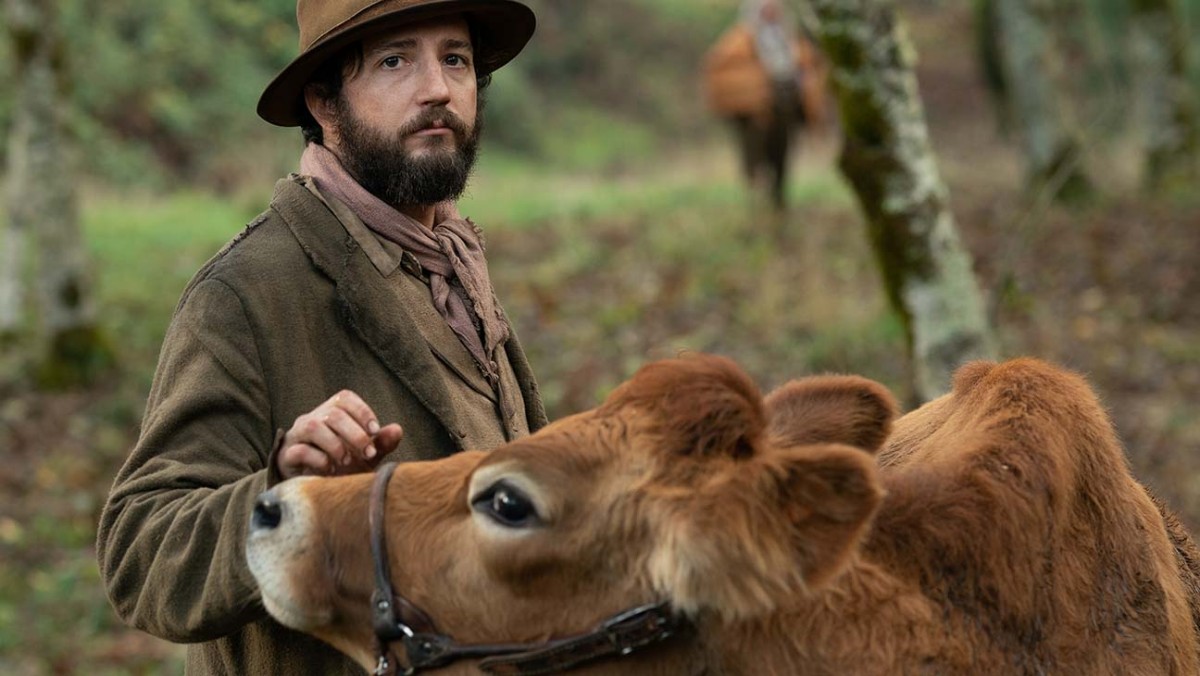Film festivals are an interesting beast for entertainment journalism. We are constantly bombarded with reviews of exciting and (sometimes) not-so-great films, coming at us at an exciting pace. However, with each festival, there tends to be one or two overarching narratives that clouds what should be a celebratory event. And that’s no different with this year’s Venice Film Festival.
In the case of this year’s Venice event, the narrative that seems to be taking plenty of bandwidth away from the actual films revolves around the event’s official competition, which features a severe shortage of female filmmakers and Roman Polanski, who happens to be one of the major targets of the female-led #MeToo movement.
And with Venice’s first week in the books, festival director Alberto Barbera talked with Deadline about the controversy, especially given the recent comments from Jury president Lucrecia Martel regarding Polanski. And as you might expect the Venice boss to do, he downplays any controversy.
“[Martel] didn’t mean to say what the press reported,” said Barbera. “I spent the first few days of the festival with Lucrecia. We discussed Polanski and from the beginning she told me she liked the movie. She told me that behind the film she could see a man who has humanity and sensibility. She told me she didn’t have anything against him or his film. She didn’t even know that Polanski wasn’t here. She thought he was.”
He added that he feels “An Officer and a Spy” will have the same shot at the coveted Golden Lion as any other film in the competition. Barbera explained, “After the initial issue, the movie was seen and was generally well-received, apart from a few U.S. outlets. The press from Europe was positive. It’s a good movie and people moved on from the polemic. I hear the jury likes the movie. I don’t think there will be prejudice.”
But Polanski’s new film aside, a lot of the controversy that has surrounded this year’s Venice Film Festival is the lack of female filmmaker representation in the competition, with only two females having films selected (out of 21 in the program). Barbera continued to support the theory that overall Venice is doing well, with other programs having quite a bit of female inclusivity. However, he feels that the problem isn’t with the festivals, but is something that should be changed at a more foundational level in the studio system.
“I’m sure this situation will change with time. The talent is there. But the focus has been on the festivals. It seems nobody cares about this problem until we reach the festivals,” he explained.
He also went on to say that originally Venice was to feature a third female filmmaker, Kelly Reichardt. However, A24 decided to not include “First Cow” among the Venice selections, choosing instead to go to Telluride and Toronto.
“A24 decided not to bring [‘First Cow’] here because it doesn’t have international distribution. It was their choice…,” he said. “But if I had three films in Competition would that radically change the situation? No. The situation in the film industry is the same it was ten years ago. We need to fight for change. We need to fill in a gap. But don’t ask me to be the only one to solve the problem. Festivals are towards the end of the chain in a film’s life.”
We are currently in the second week of the Venice Film Festival. The Toronto International Film Festival is set to begin Friday.





